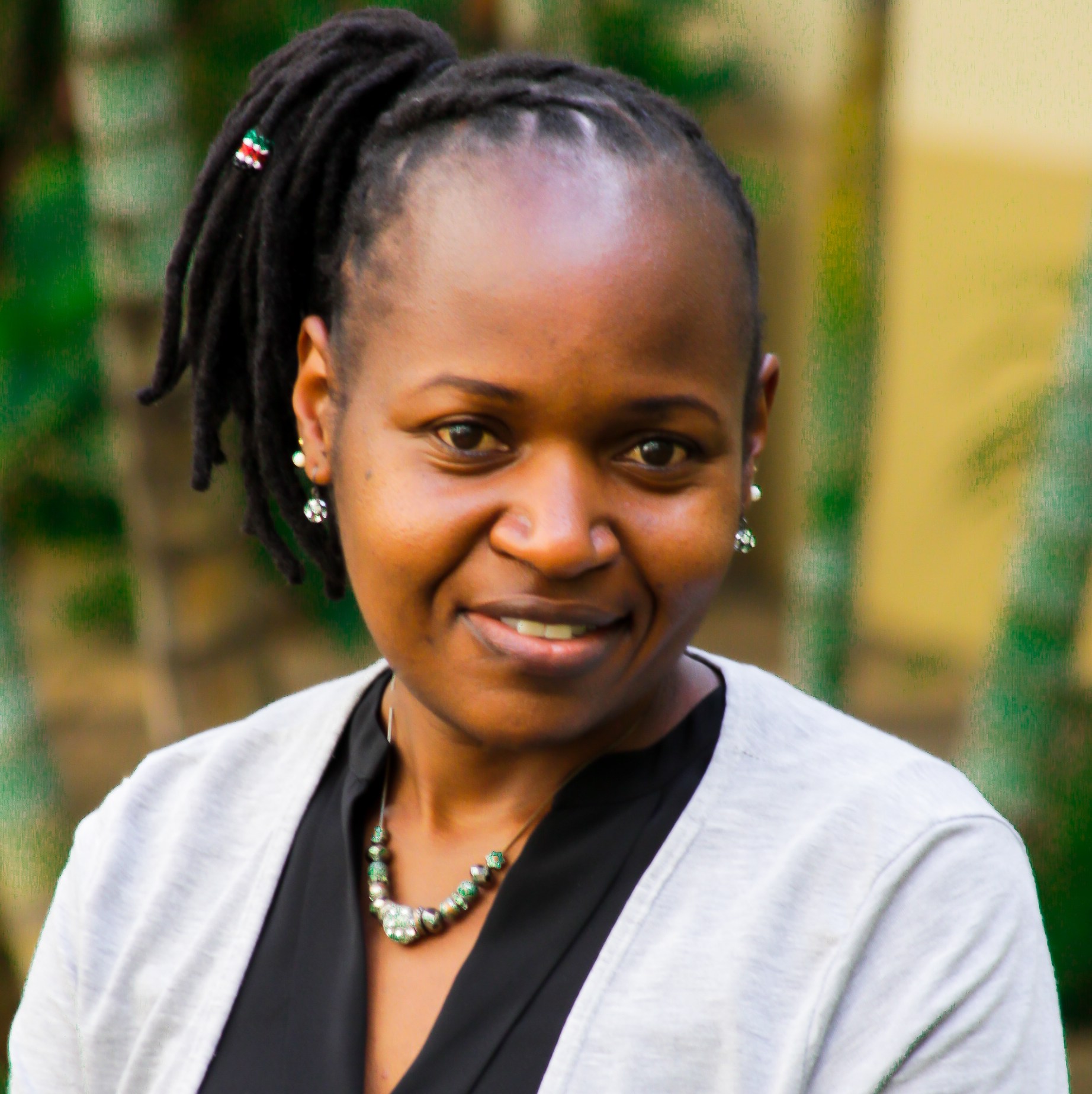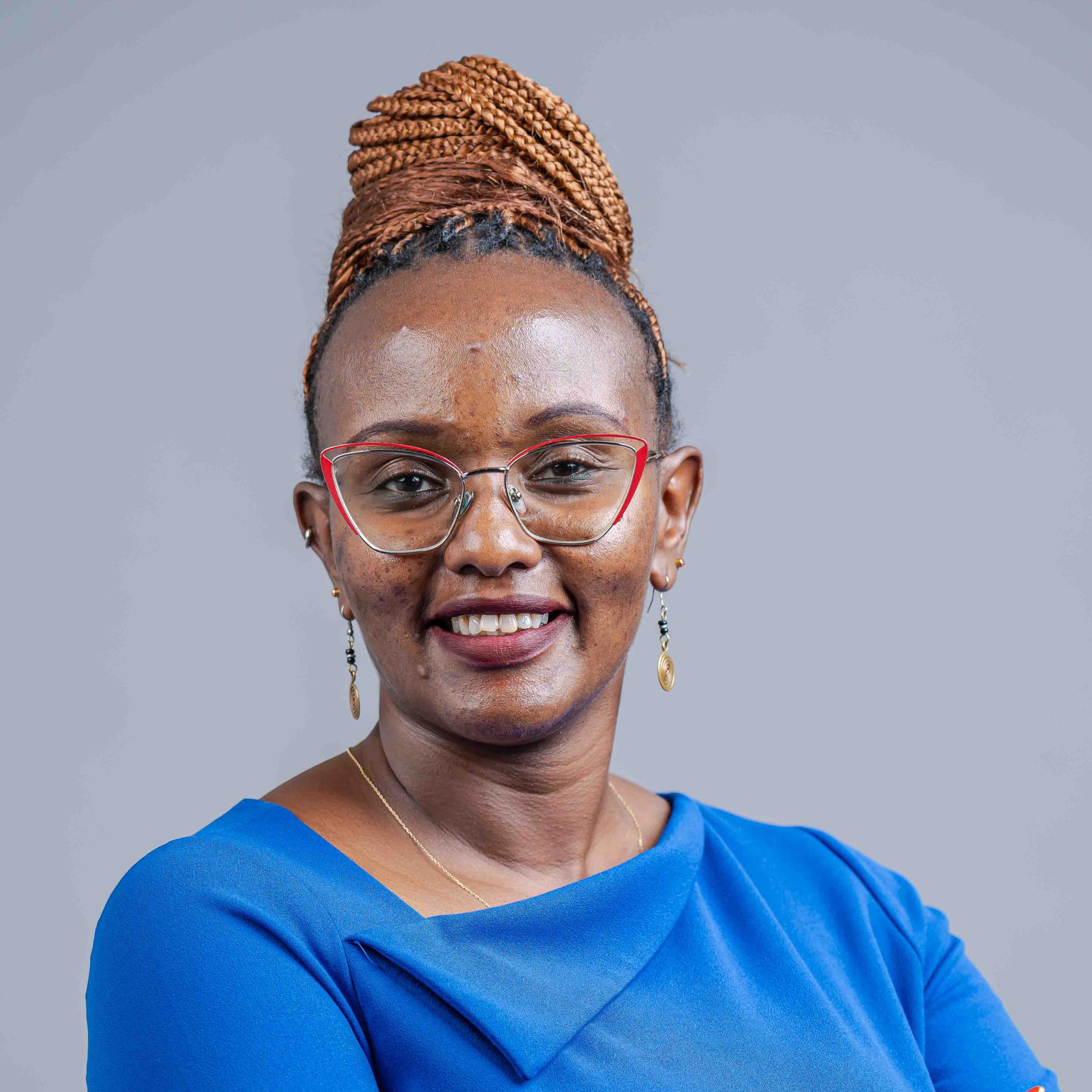CONTRIBUTORS

Sheillah N. Simiyu
Research Scientist

SARAH MUNYAO NDONYE
Senior Communications Officer
By Eileen Lavender Achieng, Flugence Oduor Onyango, Iddi Salim Mohamed, Mwarimo Salim Mashua, and Irine Anyango Owino
In Junda Ward, a low-income settlement in Mombasa, handwashing with soap might seem like a simple act, but in reality, it’s a daily struggle for many families. Water scarcity, erratic supply, and the high cost of soap mean that hygiene is often dictated not by awareness but by survival. Through the RECKITT Handwashing with Soap project, a team of locally-recruited field staff had an opportunity to walk alongside this community, listen, learn, and co-create practical ways to make hand hygiene possible for everyone and share their experiences through this blog.
When you think of handwashing with soap, what comes to mind? A quick rinse after a meal? A habit from school? Or just something routine you hardly think about?
When we joined the project, we thought our work would be straightforward: knock on doors, ask questions, collect responses. But what began as data collection evolved into something much deeper. We discovered that our role wasn’t only to gather numbers; it was to help nurture dignity, resilience, and healthier communities.
For us field staff who walked the roads of Junda Ward in Mombasa, the experience turned into a journey of transformation, marked by stories, songs, laughter, conflict, breakthroughs, personal growth, lasting change and a discovery that soap and water can transform not just health, but entire communities.
This wasn’t just research. It was a revolution, one compound at a time.
Wearing Many Hats
As field staff, our work stretched far beyond administering surveys. We became educators, showing families when and how to wash hands. We were mobilizers, encouraging neighbors to build and maintain handwashing stations. Sometimes, we were conflict mediators or confidants, listening to frustrations and hopes.
Each month, we visited the same compounds, teaching, listening, and following up, while balancing the demands of quality data collection. Behind every questionnaire was a story, and behind every data point was a household striving for change.
As our Lead researcher Sheillah Simiyu often reminded us:
“You are not just ticking boxes; you are building habits. Quality data and detailed reporting are the heartbeat of this work.”
Those words changed how we saw our role. Each visit became a chance to plant habits that could last beyond the project.
The Road Wasn’t Smooth
Change is rarely easy and communities are complex. We faced skepticism, conflict, and logistical challenges. Some landlords refused to participate or demanded compensation “Buy us a bucket first if you want us to cooperate!” At times, facilities broke down or caused disputes among neighbors.
In one compound, members set up a handwashing facility but it was placed where waste water flowed near a neighbour’ doorstep. This sparked quarrels until eventually, we had to move the facility for peace to return.
By and by, compounds responded and went a step further and the real breakthrough came when residents took ownership. Families pooled resources to buy soap and repair taps without prompting. The study stopped belonging to us, it now belonged to them.
We had field moments that changed Us
“The Jeshi Jeshi Song”
Children were our unexpected allies. They turned hygiene lessons into songs and play. One boy would shout, : “Aunty wa jeshi jeshi amekuja!”(“The aunty of the jeshi jeshi song is here!”).
Elsewhere, children called out: “Daktari amekuja!” or simply, “Wale Watu wa kuosha mkono!” (“The handwashing people are here!”). Songs turned hygiene into play, and children became teachers to their parents.
The Kicked Bucket
In one compound, a handwashing facility caused endless quarrels. A household member would deliberately kick it over, spilling the water. Someone kept kicking over the water container until tenants gave up and left.
The Landlady Who Changed Her Mind
At first, one landlord dismissed us: “Hizo ni vitu zinataka mtu mwenye hana kitu ya kufanya.” (“These things are for people who have nothing better to do.”)
But when she faced health complications, Community Health Promoters (CHPs) stepped in with urgent support. That act of care shifted everything. Trust was built, She became an active supporter, encouraging all her tenants to participate.
The Elder’s Wisdom
In another compound, households resisted upgrading their facilities. A respected elder stepped in, purchased a tap, and told members: “Change begins with us. Let’s not wait for organizations to do everything.” That single act sparked ownership, proof that real change had taken root.
Our Community Health Promoters became “walking pharmacies.” It was a reminder of how much trust communities placed in us, even beyond handwashing with soap.
When Work Became Personal
This study did not only reshape communities, it also reshaped us.
At home, we became handwashing ambassadors, reminding our families to wash hands at critical times. Some of us were teased for turning our homes into “handwashing training centers.” But we couldn’t help it. We had seen what difference soap and water could make.
We grew professionally and personally. We became researchers, mobilizers, communicators, supervisors, and problem-solvers. We learned to listen deeply, document carefully, and communicate clearly.
Our Lead Researcher trusted us, guided us, corrected us, and gave us space to flourish.” Because of her, we didn’t just work, we transformed.”
We have a few lessons that stay with us
- Handwashing with soap is about dignity and self-respect.
- Children are powerful change agents. Their enthusiasm can inspire entire households.
- Small actions like a song, water, soap, a reminder can ripple into life-changing impacts.
- True change requires listening, persistence, and community leadership.
- Washing hands with soap looks simple, but it’s powerful. It protects health, restores dignity, and changes lives.
Final Reflections: More Than Just Soap and Water
The Reckitt Handwashing with soap Study was never just about facilities, soap, water, or clean hands. It was about resilience, mindset and dignity.
For Irene, the study built her confidence as a community leader:
“This study transformed me from a fieldworker into a communicator and change agent. Even teaching a child a song can create a ripple of change.”
For Eileen, it was a lesson in patience.
“Change doesn’t happen overnight. You have to listen and keep going, even when people resist.”
For Flugence, the study became a journey of resilience and professional growth.
“I walked in thinking this was just public health work. I walked out with sharper research and leadership skills and a deeper appreciation for empathy and trust.”
Together, our voices echo one truth:
“What began as data collection became a revolution of dignity, resilience, and hope. We walked in as field staff and walked out as leaders, researchers, and listeners.”
Soap and water, we learned, are not just soap and water. They are tools of transformation, protecting health, restoring pride, and sparking ownership in communities that once resisted.
As one of us put it: “Washing hands with soap looks simple, but it’s powerful. It protects health, restores dignity, and changes lives.”
And that is the legacy we carry.
This is only the beginning, one child, one household, one compound, one story at a time.
The authors are part of the RECKITT project in Mombasa, Kenya.